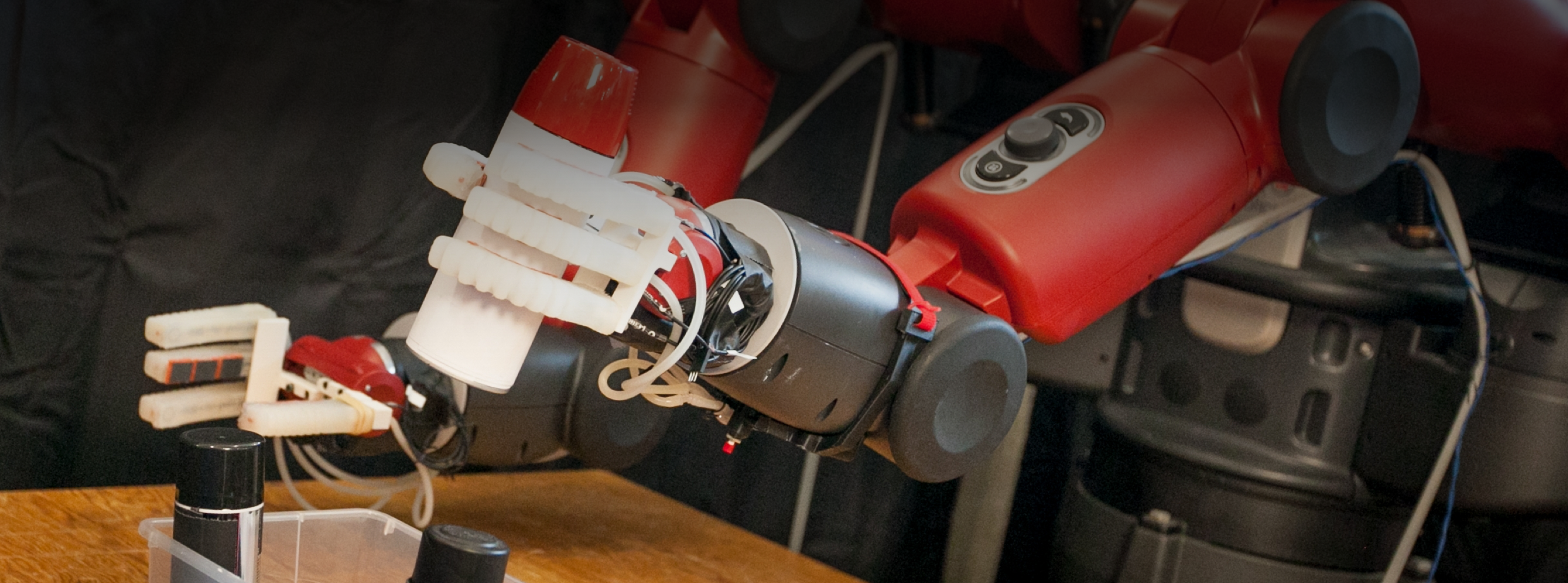Written by: Matthew Busekroos | Produced by: Nate Caldwell
Originally from Wuhan, China, Yuzhe Yang earned his BS in the School of Electronics Engineering and Computer Science at Peking University. Yang said he made the decision to attend MIT due to its renowned reputation in engineering and computer science, along with its dedication to hands-on, interdisciplinary education. Since joining MIT, Yang said his experience has been nothing short of extraordinary.
“I have been intellectually challenged in ways I never imagined, and I have had the privilege of engaging in cutting-edge research alongside some of the brightest minds in the field,” he said.
Yang’s research lies at the intersection of machine learning and applications in human disease, health and medicine. He is advised by Professor Dina Katabi working in the lab’s NETMIT group.
“Dina constantly inspired me with her passion for finding answers to the unknowns and doing research with real impact,” he said. “I am grateful for her patience to dedicate a significant amount of time to brainstorming with me, listening to my ideas, and providing valuable feedback on paper writings and presentations.”
Yang’s research aims to utilize artificial intelligence to advance scientific discovery for human disease and medicine, and enable equitable and accessible healthcare in peoples' own homes.
In one of Yang’s recent projects, he developed an AI-based biomarker for Parkinson's disease using a person's nocturnal breathing signals. Yang said Parkinson's disease diagnosis relies on motor symptoms like tremors and stiffness, however, those symptoms tend to appear several years after the onset of the disease, resulting in late diagnosis.
“Our new biomarker powered by AI has shown the potential to enable early detection of Parkinson's even years before the clinical diagnosis,” Yang said. “Additionally, by utilizing a wireless device that emits radio signals and analyzes the reflections from the environment, we can non-invasively capture the subject's breathing patterns. This assessment can be conveniently conducted every night while the individual is asleep, without the need for physical contact or disturbance.”
Yang said his other projects further explore the in-home assessment of human health and disease. He added they encompass a wide range of areas, including the in-home tracking of Parkinson's disease severity, progression, and medication response; touchless sleep posture monitoring with insights into an individual's sleep quality and overall well-being; and passive monitoring of COVID-19 patients from their own homes, enabling continuous observation of their health status and facilitating timely interventions when necessary.“
By utilizing AI and advanced technology, we are revolutionizing scientific discovery for human disease and medicine,” Yang said. “The AI-based biomarker for Parkinson's disease using a person's nocturnal breathing has the potential to enable early detection of Parkinson's, allowing for timely interventions and improved patient outcomes.”
He said his research on in-home health sensing through the use of wireless devices and other non-invasive monitoring techniques can enable assessment of various health conditions without the need for physical contact or disturbance.
“For example, we have explored in-home tracking of Parkinson's disease severity, progression, and medication response, as well as passive monitoring of COVID-19 patients from their homes,” he said. “This empowers individuals to actively participate in managing their own health while providing valuable data for healthcare professionals.”
Yang said the implications of this research could reach beyond individual healthcare.
“The development of digital biomarkers and AI models capable of detecting subtle patient changes and responses to therapeutics can greatly impact drug development and clinical trials,” he said. “By accelerating the evaluation of new treatments, reducing costs, and providing more effective interventions, our work can contribute to advancing medical science and improving patient care on a global scale.”
Yang said he is passionate about the power of AI technology to improve people's lives, especially in the realm of healthcare. He added the ability to leverage AI in healthcare opens up new possibilities for easier disease tracking and remote medical consultations, particularly for individuals with limited mobility, such as the elderly.
“Using AI to uncover previously undiscovered connections and insights in the medical field is truly exciting,” he said. “For instance, through my research, I have witnessed how AI can unveil digital biomarkers, like respiration patterns, for diagnosing diseases like Parkinson's. This not only improves early detection but also opens up new avenues for exploring disease mechanisms and developing tailored treatments. It is these breakthroughs and the potential to make healthcare more accessible and personalized that fuels my dedication to this field.”
Yang said as the landscape of AI healthcare continues to evolve, these innovative applications could hold tremendous promise. They bridge the gap between technology and medicine, presenting a future where healthcare is more accessible, precise, and tailored to individual needs, according to Yang.“
By harnessing the power of AI, we have the opportunity to redefine how diseases are diagnosed, monitored, and treated, ultimately improving the quality of life for individuals of all ages,” he said. “This prospect drives my research and fuels my passion for leveraging AI to transform healthcare for the better.”
After graduating from CSAIL, Yang said his next step is to continue his research journey in the field of machine learning and AI for health.
“I am passionate about leveraging cutting-edge technology to make a positive impact on healthcare and improve people's lives,” he said. “Therefore, my dream job is a professorship position, which would provide me with the opportunity to not only conduct further research but also to mentor and inspire the next generation of researchers. I am actively preparing for the academic job market in the coming fall, and welcome any contacts or opportunities.”
You can find more information on Yuzhe Yang on his personal website: https://www.mit.edu/~yuzhe.

